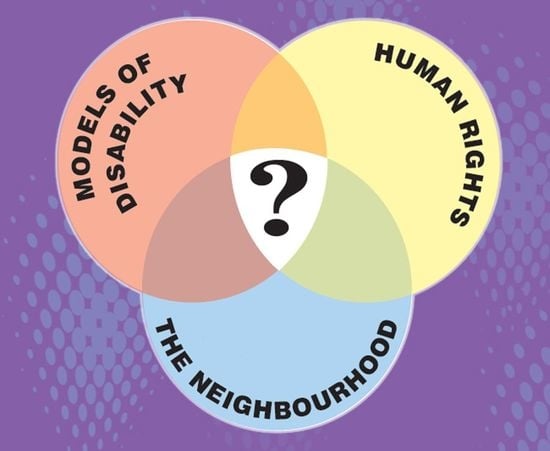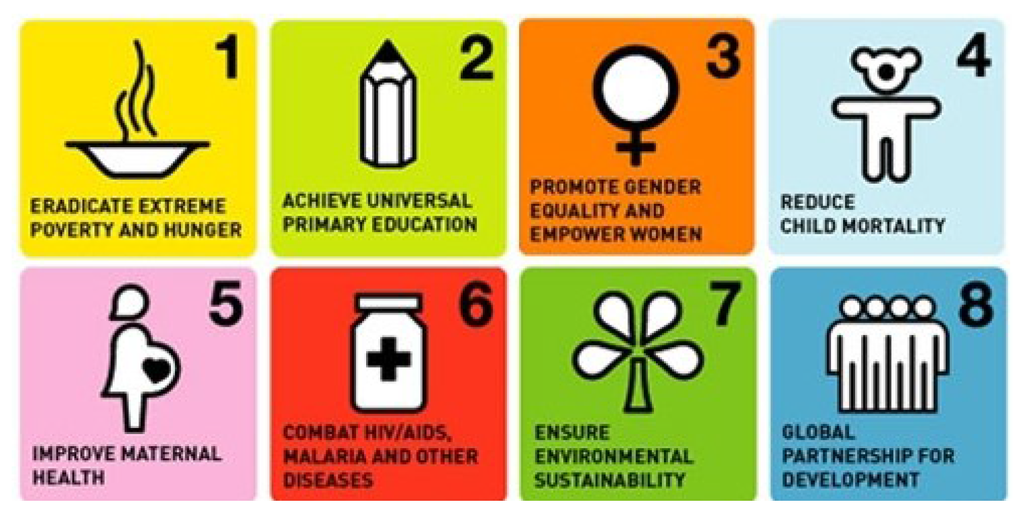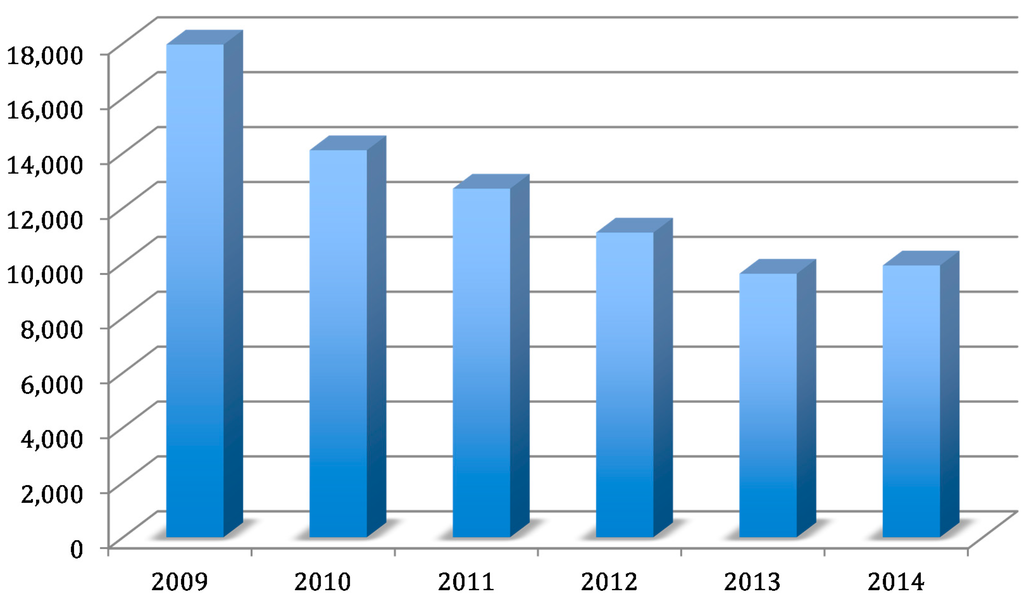Disability Human Rights Law
A topical collection in Laws (ISSN 2075-471X).
Viewed by 309596Editor
Interests: disability rights law; discrimination law; feminist legal theory; human rights law; international law; law and society; legal education; moral and political philosophy; sexual identities and the law
Topical Collection Information
Dear Colleagues,
Disability Human Rights Law is an emerging field that this topical collection will help to shape. It is an amalgamation of human rights law, critical disability studies, and disability rights law. It uses a human rights framework, within the theoretical lens of critical disability studies, to identify, analyse, and propose solutions to human rights issues as they affect people with disabilities.
Disability Human Rights Law represents a shift in the field of human rights. The traditional, and potentially archaic, rights boundaries are broken down. Civil and political rights exist entwined with social, economic, and cultural rights. The rights of the community and the rights of the individual are not always distinguishable and are often dependent upon one another. The Convention on the Rights of Persons with Disabilities (CRPD) is the epitome of this shift and the epicentre of a new wave of rights protection.
This topical collection focuses on this new field. It welcomes submissions on the broader impact of the field, as well as more targeted submissions on particular rights within the CRPD and beyond. The aim of the topical collection is to begin to explore the insights and potential of Disability Human Rights Law.
Dr. Anna Arstein-Kerslake
Collection Editor
Manuscript Submission Information
Manuscripts should be submitted online at www.mdpi.com by registering and logging in to this website. Once you are registered, click here to go to the submission form. Manuscripts are accepted on a rolling basis, there is no deadline. All papers will be peer-reviewed. Accepted papers will be published continuously in the journal (as soon as accepted) and will be listed together on the collection website. Research articles, review articles as well as short communications are invited. For planned papers, a title and short abstract (about 100 words) can be sent to the Editorial Office for announcement on this website.
The length of the manuscripts should be between 8,000-10,000 words. Submitted manuscripts should not have been published previously, nor be under consideration for publication elsewhere (except conference proceedings papers). All manuscripts are thoroughly refereed through a double-blind peer-review process. A guide for authors and other relevant information for submission of manuscripts is available on the Instructions for Authors page. Laws is an international peer-reviewed open access quarterly journal published by MDPI.
Please visit the Instructions for Authors page before submitting a manuscript. Submitted papers should be well formatted and use good English. Authors may use MDPI's English editing service prior to publication or during author revisions.
Keywords
- Disability
- Human Rights
- Convention on the Rights of Persons with Disabilities
- Accessibility
- Legal Capacity
- Intersectionality
- Independent Living
- Critical Disability Studies
- Social Model
- Disability Rights
- Inclusive Education
- Equal Recognition Before the Law
- Freedom from Torture
- Deprivations of Liberty
- Political Participation
- Equality









